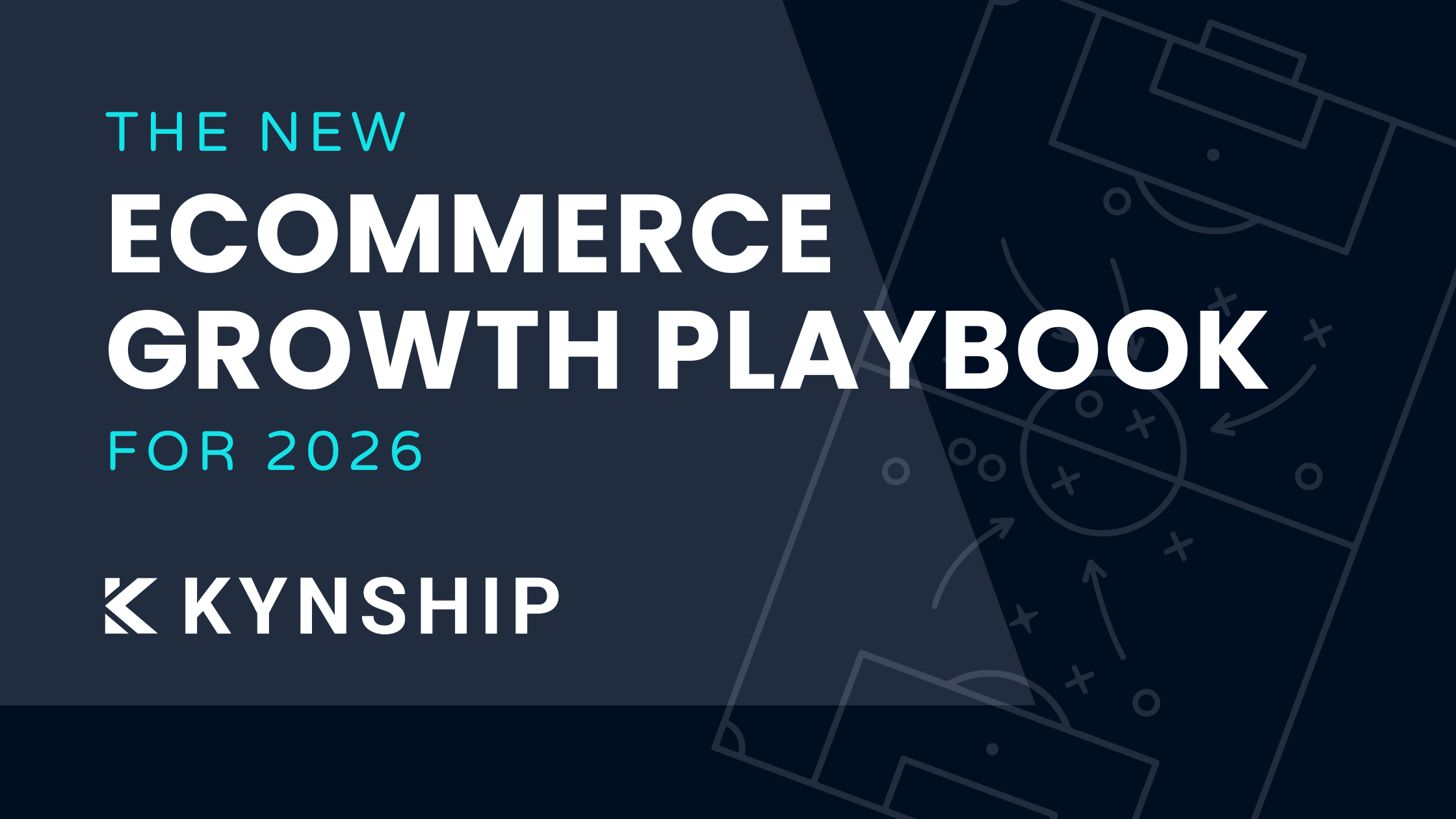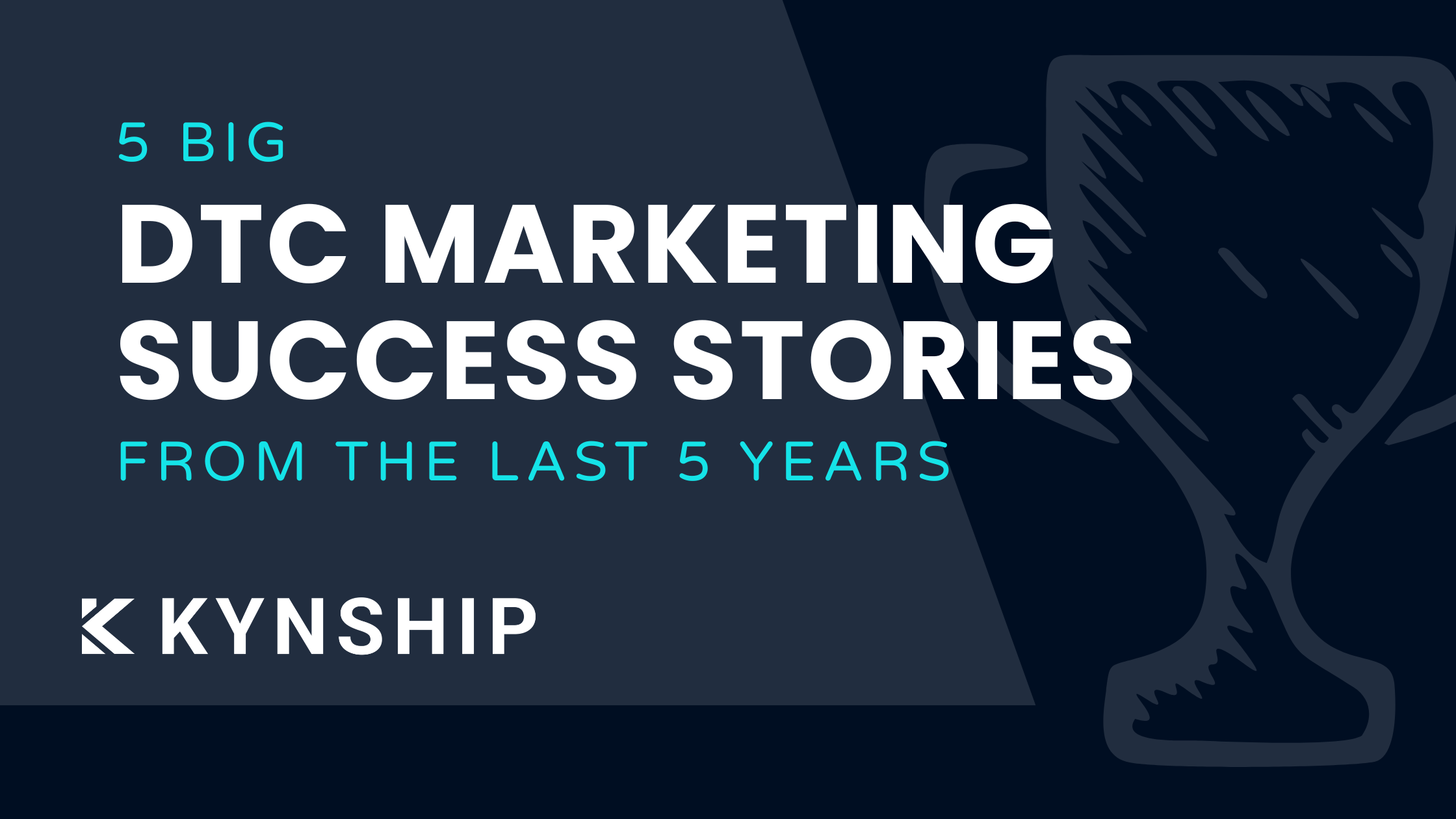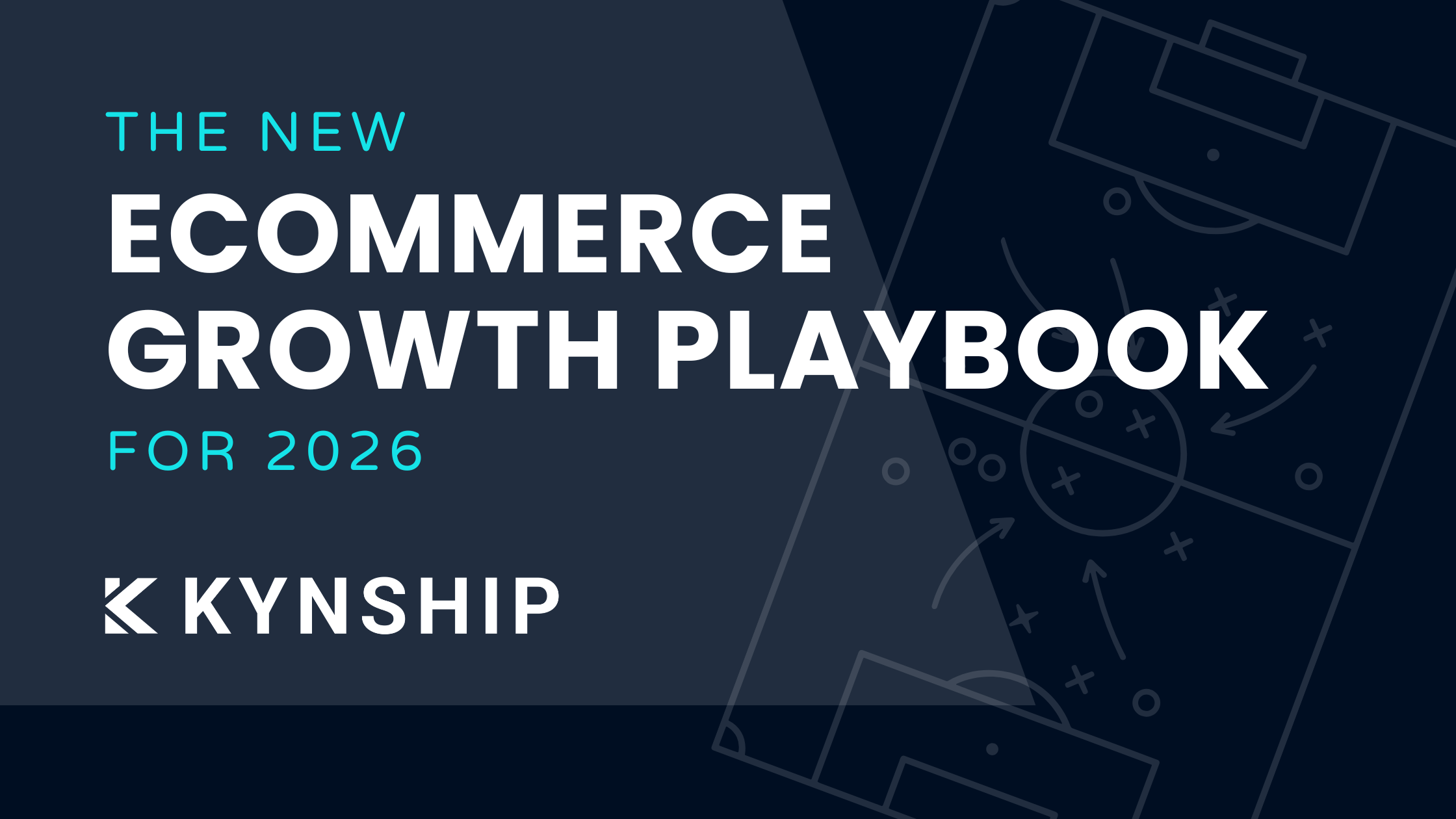Social Media Strategy 101

2020 taught us quite a few things. Along with finally normalizing wearing sweatpants in public, this past year also changed another pre-pandemic social norm: how consumers use social media to interact with brands.
After a year of unprecedented social engagement, brands are increasing their investments in social media for 2021 and beyond. Businesses are anticipating a social-first future by increasing their social media marketing budgets over the next three years. This is hardly a surprise: The public relied heavily on social media during the pandemic, especially utilizing online platforms to communicate with brands and make purchases.
With most of the world visiting social media platforms more often, businesses across a diverse industry landscape continuously increased their ad spend to reach more customers online in 2020.

From increasing brand awareness to driving sales, social media plays an integral role in supporting a company's business objectives. For brands jumping on this social success bandwagon, it can be tempting to quickly throw social posts together and hope that loyal customers come knocking via their Instagram page.
But social media marketing isn't always that simple. Before you dive into the social media deep end, you need to lay the groundwork for success by putting together a plan. Today, we'll cover social media strategies and the importance of planning before posting.
Social media strategy vs. social media campaigns: What's the difference?
Before we jump into the importance of planning before posting, let's break down what social media strategies and social media campaigns are.
A social media strategy is the big picture overview of your brand's purpose on social media. By developing a social media strategy, you will be able to create assets that drive digital results tailored specifically to your business objectives.
A social media strategy will help answer these questions:
- What are your goals for social media?
- Who is your target audience, and how are they using social media?
- How will you define success on social media?
- What types of content will you share on social media?
- What platforms will you use to achieve your goals?
A social media strategy will take you through the high-level process of identifying the who, what, when, and why of your social presence.

Switching gears, a social media campaign plays a supporting role in the social media strategy as a strategic marketing effort that reinforces a specific message about the brand, product, or service on at least one social platform. You can think of the social media campaign as a shorter-term marketing push geared toward a more immediate reaction from your audience. Here are a few common campaign topics:
- Holidays
- Contests and giveaways
- Special promotions
- Partnerships or launches
Creating a social media strategy is like building a house…
Please stick with me through this analogy for a minute. Let's say you're building a house. You'll need to start from the ground up: laying down a foundation, putting up a structure, and deciding on a layout. These pieces must be finished before you start bringing in furniture, painting the walls, and making it your home. You wouldn't put the perfect table lamp onto a pile of dirt — or at least, you shouldn't.
Think of your social media strategy the same way. Throwing miscellaneous content on social media without first identifying a strategy and implementing the tools needed for success is a huge waste of everyone's time, especially your own. Just as you wouldn't start painting until the structure was up, you shouldn't start posting until your strategy is in place.
Your social media strategy will help you find your creative sweet spot: that place in between your customer's problems and your solution.

Your social media strategy is the bones; it's the foundation that makes your social presence have a purpose. Your social media campaigns are the paint colors, the accent tables, and the décor that bring your social media strategy to life. So first, identify your purpose, then start piecing together the execution.
What happens when you launch campaigns without a strategy (and how to avoid the consequences)
Creating content and immediately generating social buzz is tempting, which is why those new to social marketing forego a social media strategy to save time and resources.
Here a few challenges you can run into by posting before planning (and how to avoid them):
Waste of time, resources, and effort: Without a strategy in place, novice social media marketers run into the possibility of spending too much time on the wrong platforms.
Try this instead: You can utilize a social media strategy to identify crucial information about their target audience, including what platforms their customers are frequently using and the types of content they engage with.
Here's an example of a persona representing a brand's key target audience, including demographics, psychographics, and social media preferences.

Posting without purpose: Without understanding the brand's social media goals and how those relate to the brand's overall business objectives, marketers post on social media without intent. As a result, the content will be irrelevant to the brand's goals and will provide little to no value to the target audience.
Try this instead: Identify precise goals within your social media strategy to outline clear and measurable objectives for your social presence. Having measurable goals in mind will tailor your content toward your objectives and ultimately drive more meaningful conversations with your audience.
Not achieving results: While campaigns have objectives, these are usually hyper-specific to the campaign itself. Without overall social media objectives and no metrics for tracking social success, marketers will struggle to have a strong business case for social value.
Try this instead: Once you've identified your goals in the social media strategy, you can set trackable metrics and identify key performance indicators that will be used as success markers. This gives you a data-driven strategy that adds real value to your social media campaigns.
Make your own luck!
Success on social media often doesn't happen on a whim. However, when you prioritize planning over posting, social media strategies give you the opportunity to drive actionable results in brand awareness, lead generation, and relationship building.


5 DTC Marketing Success Stories From The Last 5 Years
Five real DTC marketing success stories from the last five years, breaking down how brands scaled despite rising CAC, creative fatigue, and tougher competition, plus key lessons you can apply today.

The New Ecommerce Growth Playbook For 2026
These are the ecommerce growth marketing strategies we are using right now to successfully scale DTC brands from $2M to $50M.
Bi-weekly tips to reduce your CAC
Join thousands of DTC operators and subscribe to Cut the CAC for insights from the Bottom Line Podcast and Kynship's growth strategies.


.avif)
.avif)
.avif)



